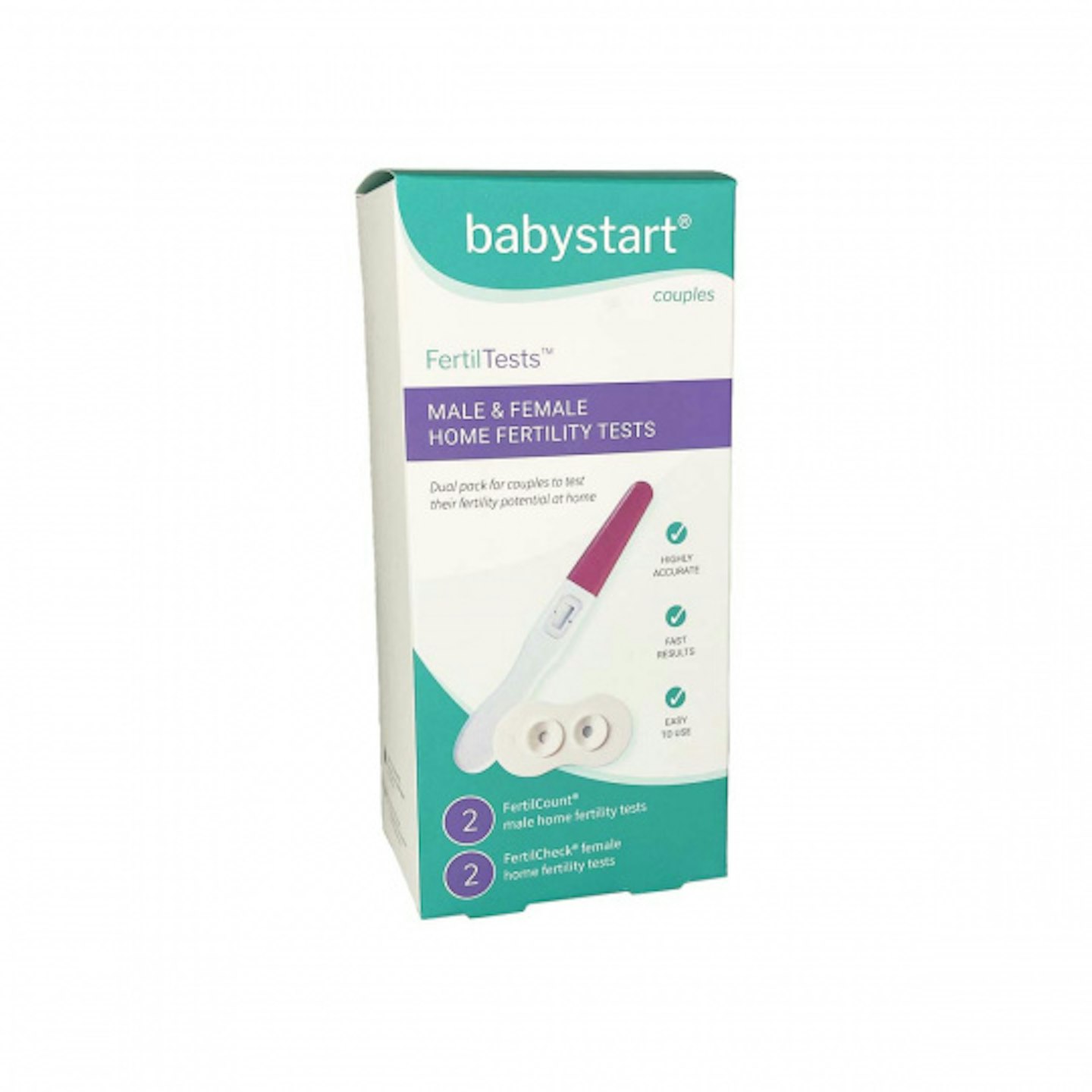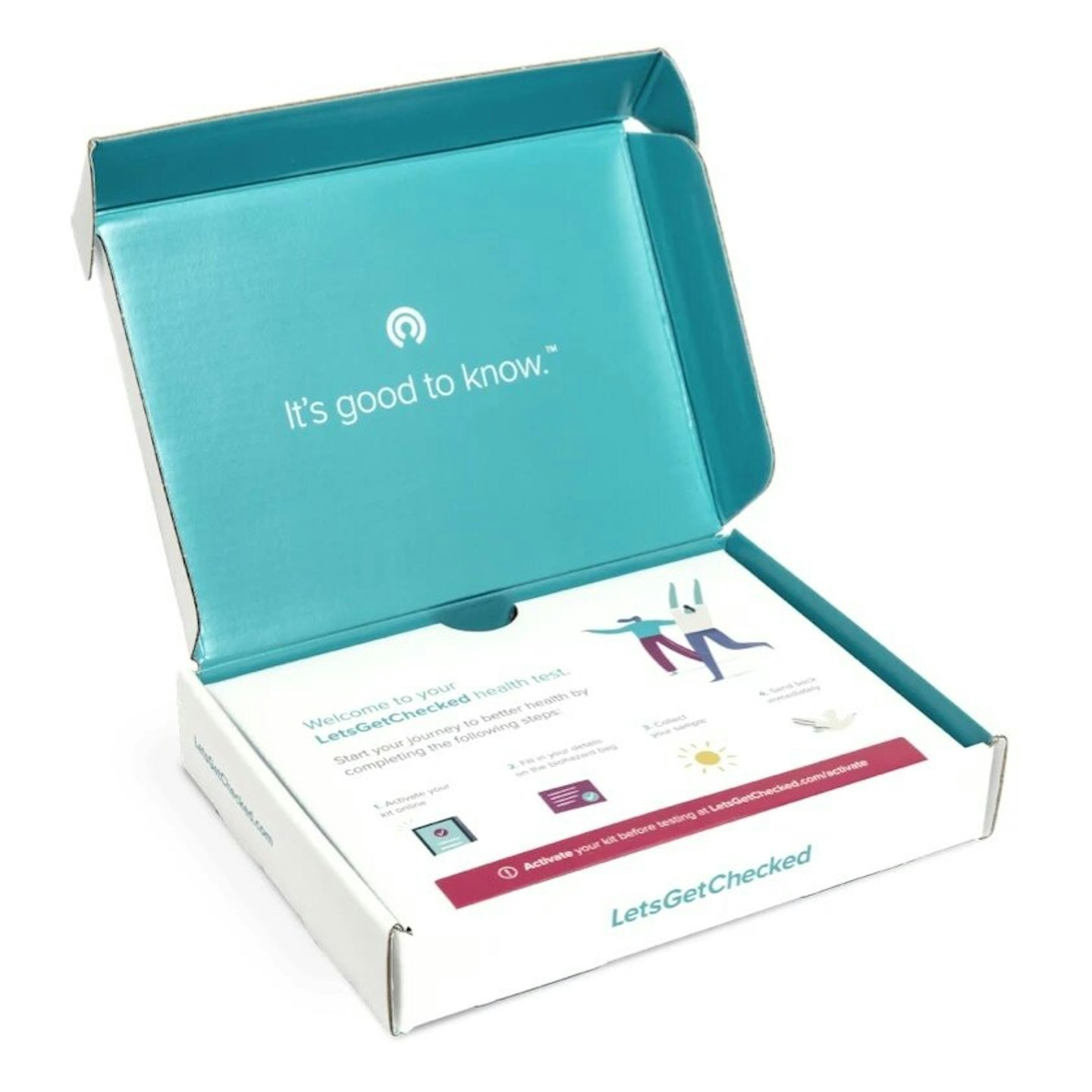If you've been trying to get pregnant for a while with no luck, you might be wondering if everything is in order with your fertility. If you have a male partner, it's worth them having a male fertility test first, as these are often less invasive, but you might also want to test yourself too.
If you are worried and have noticed some of the common signs you can't get pregnant, you should do is to book in to see your doctor who will work to find out more about you and your partner's lifestyle. They may also do a number of tests on you including:
• Blood tests for follicle-stimulating hormone (FSH) and luteinizing hormone (LH) on day two or three of your menstrual cycle.
• A pelvic examination to look for things like chlamydia, gonorrhoea, or other genital infections that may contribute to a fertility problem.
• Testing your basal body temperature around ovulation.
• A postcoital test where you're required to have intercourse several hours in advance of seeing your doctor, who will then retrieve a sample of cervical mucus which is then taken for microscopic examination. They're looking for how the sperm interacts with the cervical mucus.
• Your doctor might recommend an ultrasound to check the condition of the uterus and ovaries.
• A hysterosalpingogram involves a series of X-rays taken of your fallopian tubes after a liquid dye has been injected into your uterus through your cervix and vagina. The HSG can help diagnose any fallopian tube blockages and defects of the uterus. If either of the tubes is blocked, it will show on the X-ray.
• A hysteroscopy involves a thin telescope-like instrument being inserted through the cervix into the uterus.
• A laparoscope is inserted into the abdomen through a small incision to look for endometriosis, scarring, and other conditions. This is a more invasive test and involves having a general anaesthetic.
• Your doctor may want to take a biopsy of your uterine lining to see if it's normal.
Your doctor might not put you through all these tests, and they will most likely put you through the ones most suitable for you and your situation.
Although seeking help and fertility tests from your doctor aren't anything to worry about, you may feel a little worried to speak to your doctor, which is why some women choose to have a fertility test from home.
There are a range of different fertility tests available to buy online.
Home female fertility tests

www.ukmeds.co.uk
This is a combination pack, containing fertility tests for both men and women. They're quick and easy to use and they test for the amount of sperm in a sample from the male partner, whilst the female testing kit measures levels of follicle-stimulating hormone (FSH). The test is greater than 99 per cent accurate.

www.cooppharmacy.coop
This kit tests the female specific hormones to find out more about fertility, menopause, period problems and monitor the effects of hormone replacement therapy. The kit includes tests for Oestradiol, Follicular Stimulating Hormone (FSH), Luteinising Hormone (LH) and Prolactin.

www.drfertility.co.uk
This touch screen monitor is designed to track and measure your oestrogen and luteinising hormone (LH) levels in your urine to help you identify the most fertile days in your cycle and the best time for baby making. It also monitors the pregnancy hormone, human chorionic gondatrophin (hCG) so you can also test for pregnancy from 3 days before your period is due. The monitor is 99% accurate.

www.letsgetchecked.co.uk
This test monitors Follicle Stimulating Hormone (FSH), Luteinizing Hormone (LH), Prolactin and Ooestradiol and the sample must be collected on Day 3 of your menstrual cycle to ensure accurate results.
Popular articles to read next
Secondary infertility: are you struggling to get pregnant for the second time?
